
In a significant step towards enhancing bilateral relations, the Government of Ghana, via its Ministry of Foreign Affairs, has unveiled a 24-hour online travel authorization agreement with the Kingdom of Morocco. This new initiative, announced by Ghana’s Foreign Affairs Minister, Hon. Sam Okudzeto Ablakwa, is anticipated to greatly simplify travel regulations between the two countries, thereby fostering trade, tourism, and social interactions.
The agreement, which took effect on June 6, 2025, was highlighted during a press conference monitored by the New Publisher Newspaper. Hon. Ablakwa noted that this streamlined travel arrangement signifies more than just a practical policy; it represents a bold move towards increased collaboration, economic empowerment, and cultural exchange on the continent.
Promoting Regional Integration
The policy is a reflection of a broader movement across Africa toward regional integration and economic partnership. Both Ghana and Morocco, significant players in West and North Africa, have long sought to strengthen their bilateral and continental ties. The travel authorization agreement not only emphasizes this commitment but also aligns with the African Union’s Agenda 2063, which promotes the vision of smooth movement and shared prosperity across the continent.
By alleviating travel challenges, the two countries are establishing a model for what African collaboration should embody efficiency, focus on citizens, and opportunities for growth.
Economic Opportunities
Ghana and Morocco are economic leaders in their regions. Ghana excels in the export of cocoa, gold, oil, and education, while Morocco is recognized for its automotive parts, textiles, phosphates, and renewable energy sectors. Both countries stand to gain significantly from the easier movement of goods and people.
With this travel initiative, small and medium-sized enterprises in both nations can embark on joint ventures, share expertise, and expand into each other’s markets. Ghanaian artisans and agribusiness owners can leverage Morocco’s advanced supply chains, while Moroccan entrepreneurs may discover new investment opportunities in Ghana’s burgeoning construction and fintech industries. In the upcoming weeks, the Ghana Investment Promotion Centre (GIPC) and its Moroccan equivalent are expected to announce frameworks that will facilitate bilateral trade exhibitions, business missions, and policy alignment.
Growth in Tourism and Cultural Exchange
Tourism is another crucial area poised to benefit from this diplomatic development. Ghana’s historical landmarks, vibrant festivals, and nature reserves make it a sought-after destination in West Africa, while Morocco is famous for its renowned tourist spots like Marrakesh, Casablanca, the Atlas Mountains, and adventures in the Sahara Desert.
This new policy will enable both nations to promote their attractions more effectively, allowing tour operators, travel bloggers, and cultural organizations to create multi-country tour packages that could enhance tourist numbers and generate local revenue. Furthermore, educational exchange programs and cultural events will thrive as artists, performers, and scholars freely traverse between Accra and Rabat.
Additionally, the partnership will pave the way for richer educational diplomacy, allow universities in Ghana and Morocco to develop dual-degree programs, research collaborations, and academic projects that will enrich both countries’ academic and scientific landscapes.
Strengthening Interpersonal Connections: A Foundation for Peace and Progress
The emphasis on “people-to-people engagements” is perhaps the most transformative element of this agreement. In diplomacy, relationships formed through everyday interactions among citizens students, business people, and professionals tend to have longer-lasting impacts than high-level discussions alone.
Thanks to this policy, citizens of Ghana and Morocco can plan pilgrimages, family visits, business trips, or academic journeys without facing lengthy visa waits. This newfound freedom promotes mutual understanding, minimizes xenophobia, and facilitates cross-cultural empathy, which are essential for crafting resilient communities.
Civil society organizations in both nations are encouraged to utilize this policy to bring together youth, women entrepreneurs, environmental advocates, and tech innovators through conferences, discussions, and community initiatives.
Digital Diplomacy: A Potential Blueprint for Africa
The online aspect of this travel authorization process is particularly noteworthy. Instead of relying on conventional, cumbersome methods, this policy embraces digitization, ensuring faster processing, transparency, and user-friendliness. It sets a standard for other African countries to adopt technology-driven solutions for mobility, a crucial factor for continental unity.
This innovation aligns with both country’s broader goals of modernizing public service delivery and enhancing citizen experiences. It’s a critical move toward establishing what has been labelled “Smart Diplomacy” for Africa tech-savvy, development-oriented, and prepared for the future.
Challenges and Future Considerations
While the initiative is ambitious and commendable, its success hinges on effective implementation and public education. Both nations must guarantee that their online systems are accessible, secure, and easy to navigate. It will be essential to train embassies and immigration offices to support this effort, along with launching awareness campaigns to inform citizens about how to take full advantage of the arrangement.
Additionally, ensuring reciprocity and fairness is vital. It is important that citizens of both countries can benefit from this policy equally, without one side facing disadvantages due to administrative issues or legal ambiguities.
Lastly, coordination with airlines, border management officials, and travel insurance companies will be necessary to streamline travel for all involved.
Conclusion:
The introduction of the 24-hour online travel authorization is not merely a symbolic diplomatic gesture; it represents a bold, forward-thinking initiative. It illustrates an Africa on the rise, freed from the constraints of colonial boundaries, empowered by modern technology, and committed to leveraging its collective strengths through collaboration.
As Hon. Ablakwa stated, this partnership explains; this will enhance trade, tourism, and strengthen people-to-people engagement. More than just these outcomes, it carries a profound message: that two nations, by prioritizing openness over isolation, can serve as a model for a continent eager to take charge of its future.
Let this initiative be a blueprint not only for West and North Africa but for the entirety of Africa.
WRITTEN BY:
Wisdom Koudjo Klu,
Columnist- Greater Accra
Region.
The views expressed in this article are the author’s own and do not necessarily reflect The Chronicle’s stance.
The post Ghana and Morocco Strengthen Relations with 24-Hour Travel Authorization: A Milestone for Trade, Tourism, and Diplomacy appeared first on The Ghanaian Chronicle.
Read Full Story

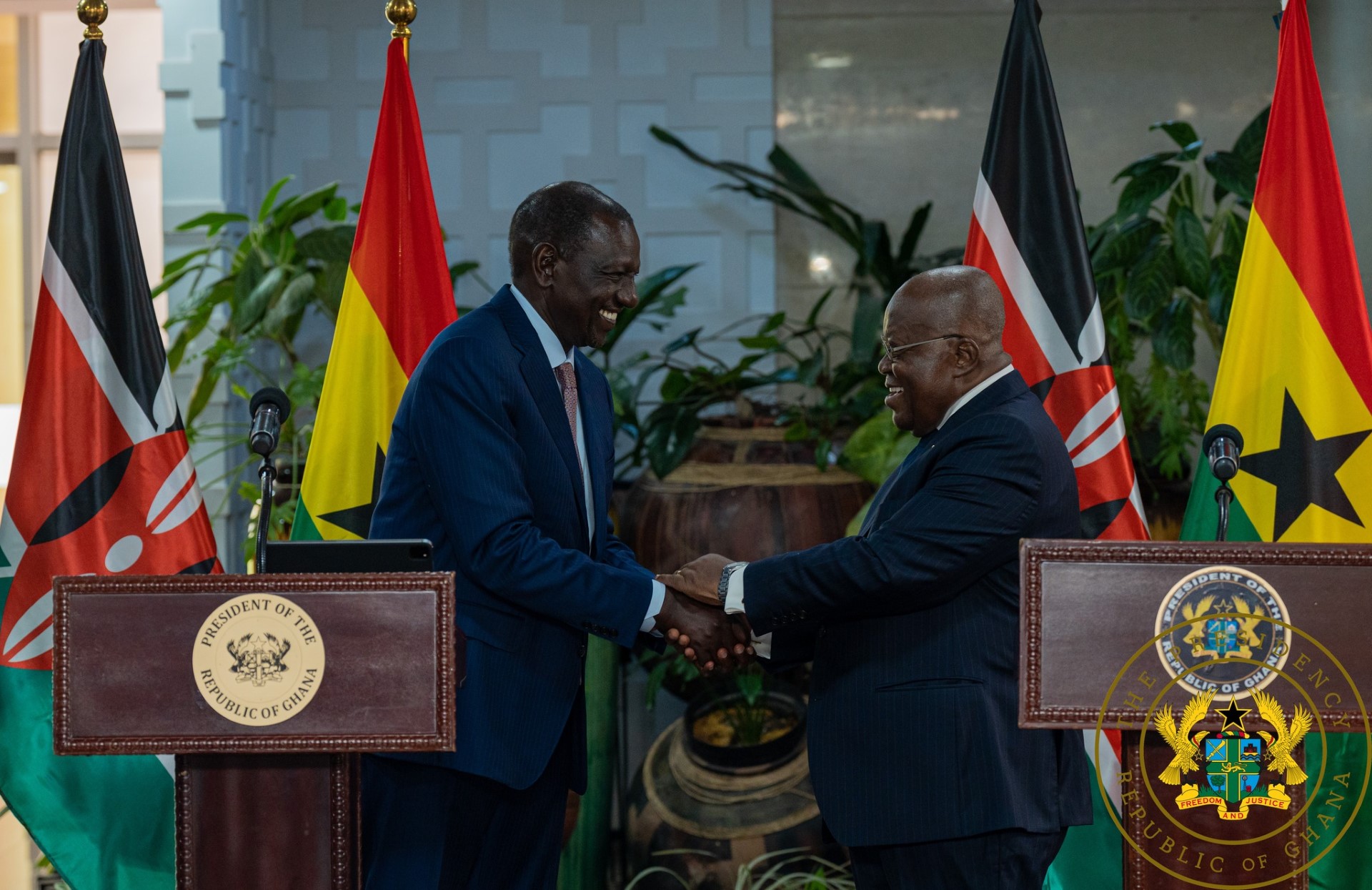
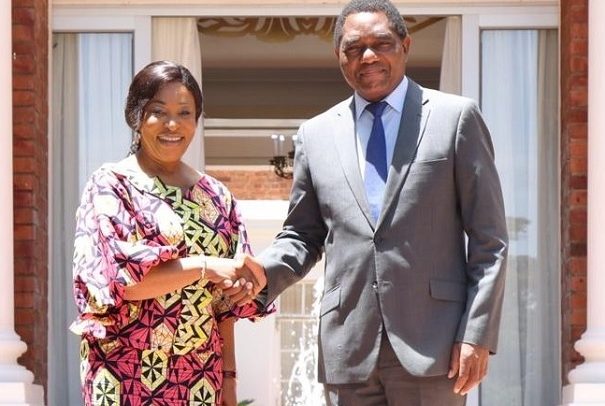
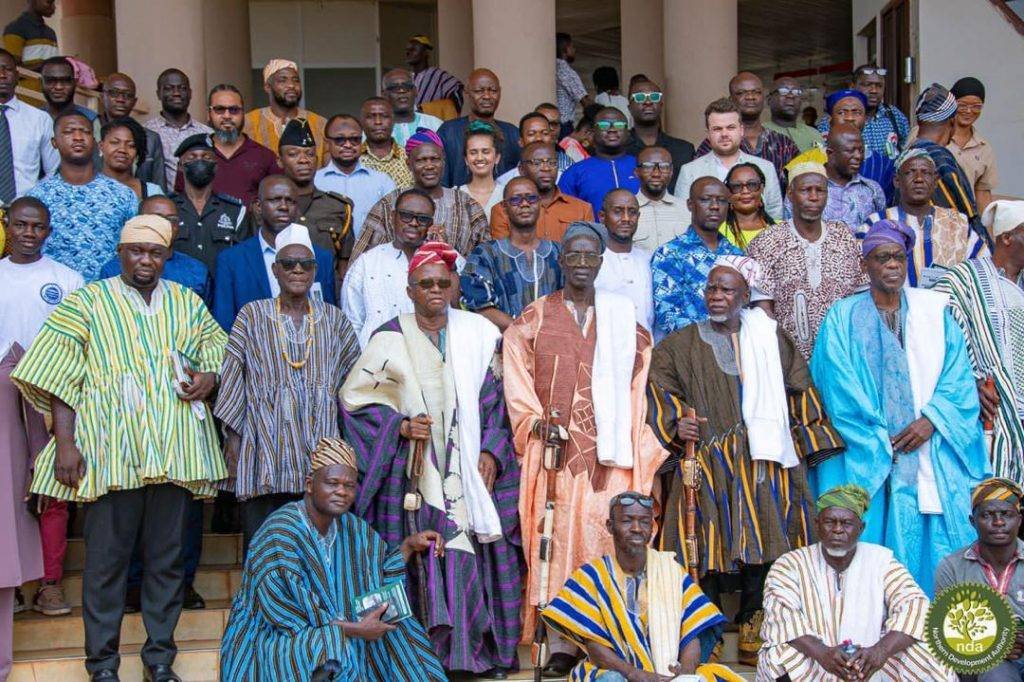
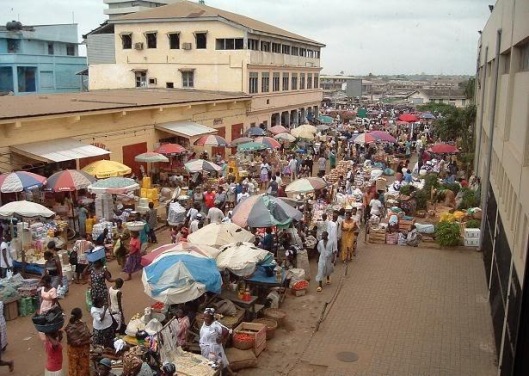





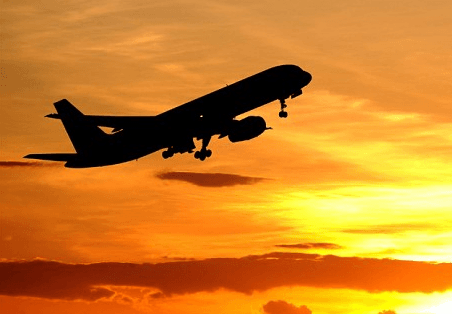






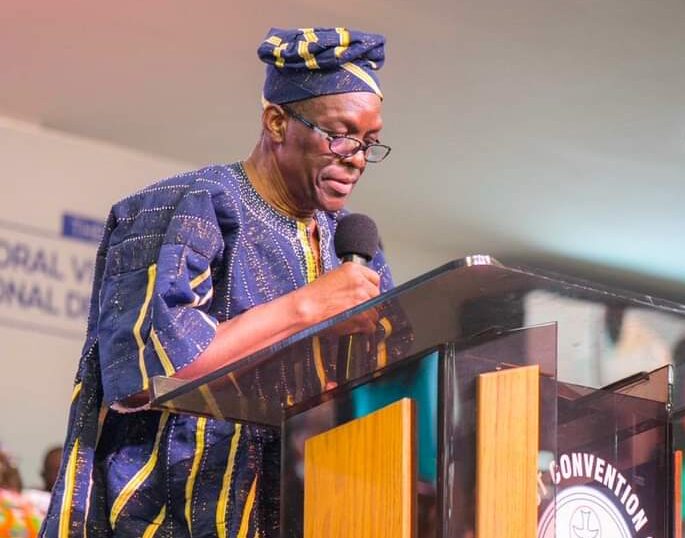
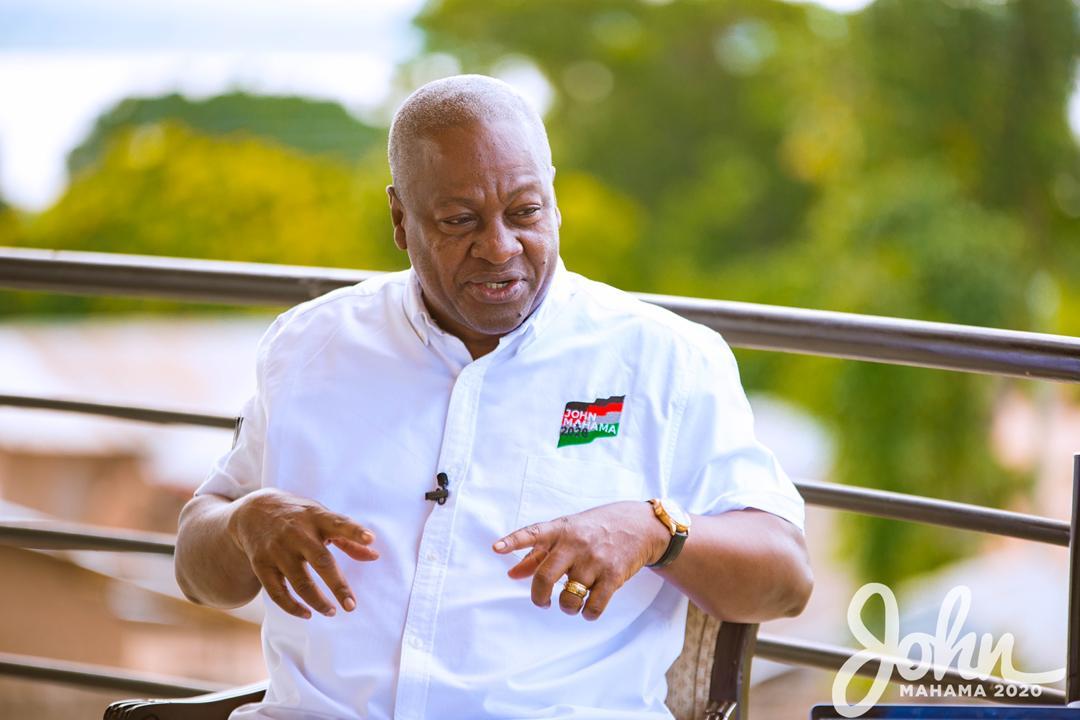

Facebook
Twitter
Pinterest
Instagram
Google+
YouTube
LinkedIn
RSS